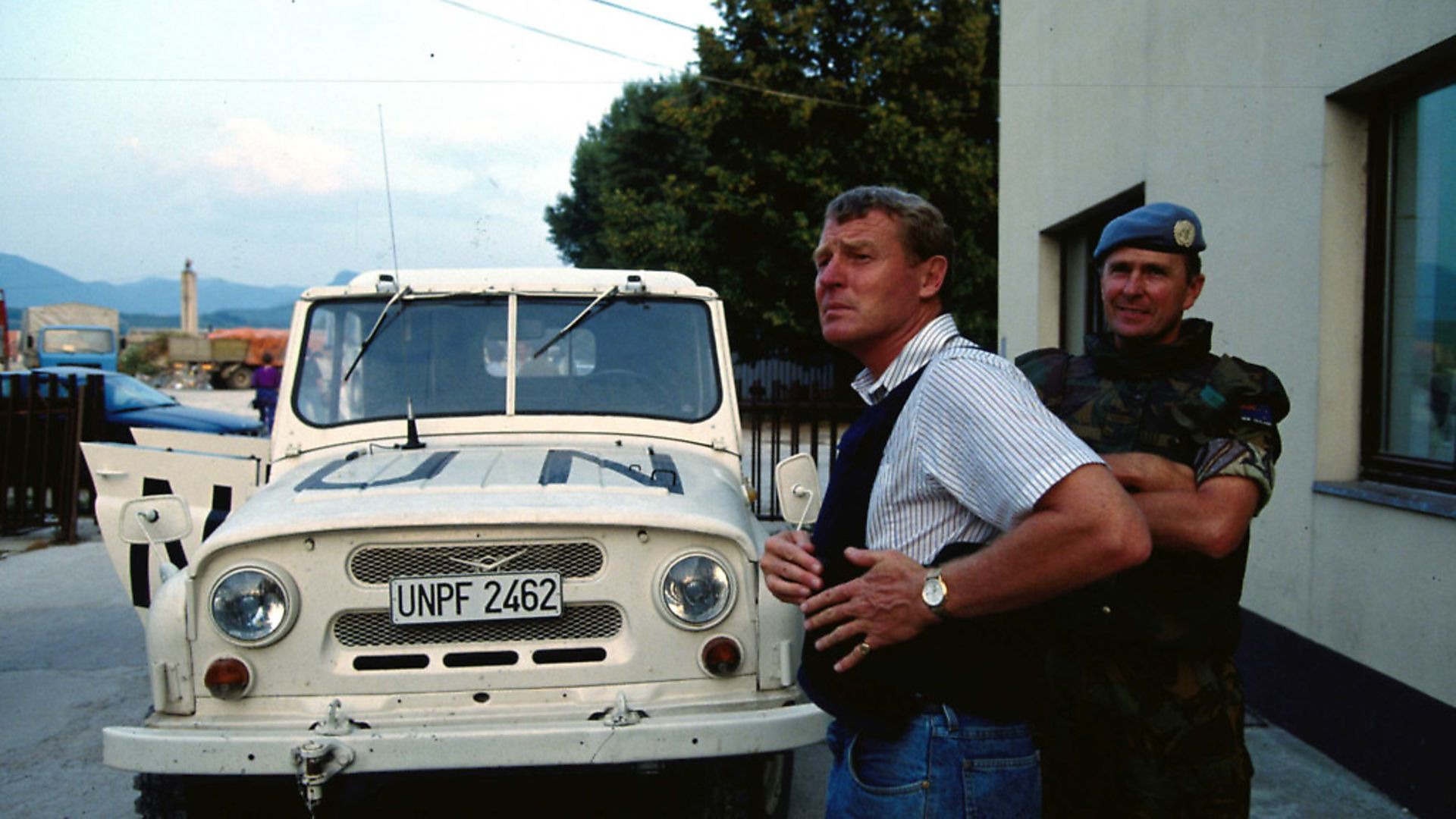
Few British politicians played a bigger role in the recent history of the Balkans than Lord Ashdown. Following his death in December, his friend DENIS MacSHANE pays tribute
No politician in recent time was better equipped for high office, yet Paddy Ashdown got only a brief sojourn as an modern version of a viceroy when he became high representative for Bosnia from 2002 until 2006. His death just before Christmas closed the chapter on a full-hearted British involvement in the West Balkans from the 1990s until today. Now there are few MPs who know much about the region, and with the UK leaving Europe, British influence on events in the six small nations of the region still excluded from the EU will be minimal.
Ashdown was a former Royal Marine officer with a fair bit of the clipped voice captain in his manner, as well as a secret addiction to smoking. After a tour in Northern Ireland he left the army to work for MI6 and was the link-man between the UK and the Swiss for the highly secret cold war Operation Gladio. This set up arms and supplies caches all over Western Europe ready to be activated if the Red Army swarmed in, as many feared between 1950 and 1990.
He had more energy than either the civil service or the army could absorb and instead decided to bring the Liberal Democrats back to life in the 1990s culminating in the breakthrough election of 1997. Unlike David Cameron in 2010, Tony Blair – who made no secret of his admiration for Ashdown – had too massive a majority to need a coalition partner, so Britain lost the chance to have a fine foreign or defence secretary.
Ashdown travelled regularly to see first-hand the wars of the former Yugoslavia and was at the forefront of debates in the House of Commons urging military intervention against Milosevic to bring to an end the siege of Sarajevo or the mass murder at Srebrenica in 1995.
If defeating Serb fascism was his cause, Europe was Ashdown’s passion. He defended with wit and facts the truth about the EU was and why Britain should be a leading player.
His one foible was a obsessive love affair with referendums. We argued in London, in Sarajevo when I was Balkans minister, and skiing together in his beloved Alps, about the merits of plebiscites. For him, the first past the post electoral system was rigged against the Lib Dems and the way out was to replace parliamentary representative democracy with plebiscites on everything. His Lib Dem successors Charlie Kennedy and Nick Clegg were also referendum enthusiasts. So, latterly, was David Cameron….
Ashdown engaged fully with Bosnian politics, but the bitter hates between the three communities of the former Yugoslav republic of Bosnia-Herzegovina – the Serbs who hated the Muslim Bosniaks and the Croats who hated everyone – meant trying to forge a European future was all but impossible.
When I was Europe minister and he was in the House of Lords, he asked me to provide a battalion or two of British soldiers as ‘Paddy’s Private Army’ when he became high representative in 2002. But British soldiers would be needed in Iraq and by now the Lib Dems were turning against military interventions.
He was a warm, witty, open man with no side and utterly committed to Britain as a power in Europe. Somehow his death, after a short bladder cancer illness, on the eve of Brexit seemed appropriate. The contemptible failure of British politics, of Theresa May and Jeremy Corbyn and of most MPs, to offer an ounce of leadership to find a way forward would have filled him with despair.
Warning: Illegal string offset 'link_id' in /mnt/storage/stage/www/wp-includes/bookmark.php on line 357
Notice: Trying to get property 'link_id' of non-object in /mnt/storage/stage/www/wp-includes/bookmark.php on line 37






